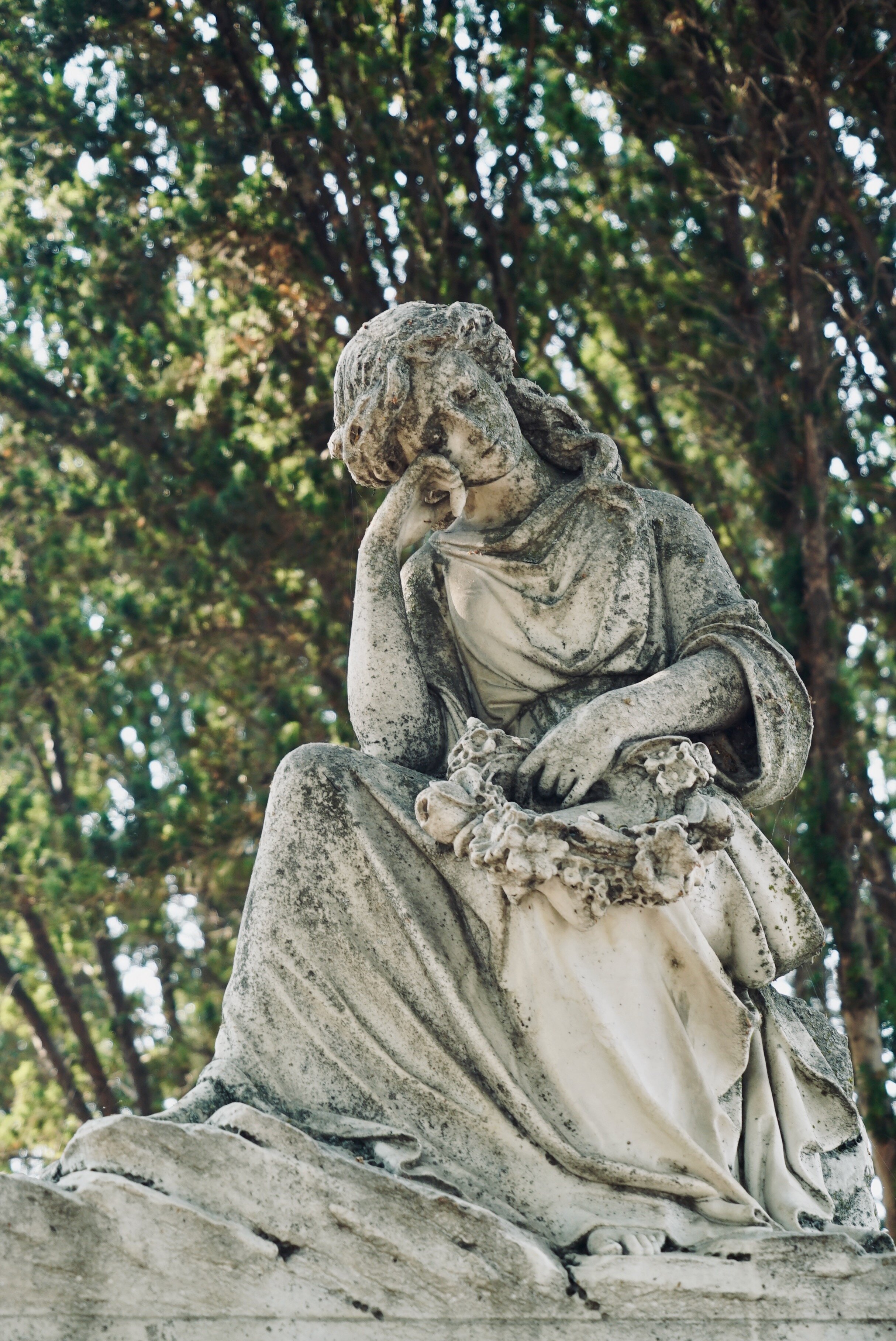Writing From The Inside Out 2021 Week 9 Prompts
based on Marie Howe’s, The Promise
Read the poem
Do your own reflection on it, noting what it inspires in you
Feel free to use your own reflection as your prompt or…
Use the selection of prompts below the poem
Pick one that inspires you and write (feel free to use only one or write several poems using different prompts) or…
Don’t use any of the provided prompts and follow your inspiration from wherever it comes
The Promise
In the dream I had when he came back not sick
but whole, and wearing his winter coat,
he looked at me as though he couldn’t speak, as if
there were a law against it, a membrane he couldn’t break.
His silence was what he could not
not do, like our breathing in this world, like our living,
as we do, in time.
And I told him: I am reading all this Buddhist stuff,
and listen, we don’t die when we die. Death is an event,
a threshold we pass through. We go on and on
and into light forever.
And he looked down, and then back up at me. It was the
look we’d pass
across the kitchen table when dad was drunk again and
dangerous,
the level look that wants to tell you some thing,
in a crowded room, something important, and can’t.
by Marie Howe: https://www.poetryfoundation.org/poets/marie-howe
Please join Writing From The Inside Out by attending the read-around sessions on Friday afternoons. It’s free, fun, a great way to share, and reading a poem is optional. If you have not registered, click the button below; and if you have registered, you do not need to register again, simply use the link sent to you in your confirmation email. Register Here:
Note: Next Read Around is:
February 26, 2021 at 4:00 PM PST
My Thoughts
Marie Howe’s poem, The Promise, explores the difficulties of talking about death, an apt topic given the pandemic and the staggering death toll it has taken. Many Americans, now raised in cities and suburbs where death can be kept out of sight, do not have much experience with it. When death appears in popular movies, it is trivialized as a plot event, lesser characters simply deleted from the story line with no further mention, and the main characters depicted with an uncanny ability to defy death: villains and superheroes that cannot be killed and that recover from crushing physical blows without hurt or consequence, except as motivators for revenge or to continue the battle against evil.
The Promise highlights the difficulty of breaching the topic, especially with someone who might be sick or on the verge of dying. Even the tiny opening for the poem’s narrator to broach the topic is expressed in a dream and then conveyed in a stilted conversation, couched in Buddhist philosophy, and left dangling in dreaded and dangerous waters. The idea that we don’t die when we die may be reassuring, may give us hope to carry on, but it also dodges the question, evades the inevitable finality of it and prevents us from directly confronting death’s inscrutable darkness and what it may teach us about life, about what we love, and about how we live.
Prompt Menu
Write about a critical moment in a relationship as if it were a dream.
How can sickness actually create greater wholeness?
What does it mean to wear one’s winter coat?
Write a list poem about things of which you cannot speak (to your family? Or in polite society? or, as a stretch, to yourself). This could be both general topics, like death or drug use, or specific incidents, like an embarrassing or humiliating event.
Write about “thresholds:” Consider a threshold that you crossed in life, what built up to it, and what happened after you crossed over it. Or write about a threshold you are now approaching or you mare now about to cross over.
What kind of event is death to you? Is it a threshold? What might “go on and on” after that? Consider writing an ode to death or a letter to death. Or consider writing about your first, or most impactful, experience of death and how it affected you. How has death shaped your life?
What unspoken promises lived in your family or in your world? I took the the promise in Howe’s poem as a “law against” certain topics, like the father’s dangerous inebriation or death.
Recall a time when you shared hidden meaning with someone through a look across a crowded room without saying a word. Describe the moment, the look, the inner feeling, the fleeting quality of it, the aftermath from it, etc. Consider describing the different looks that convey differing feelings such as delight or danger or dread or disgust; and how these looks must be both clear to your secret sharer and yet hidden from others
As always, you can write from something else that inspires you in the poem or from anywhere else in life.
